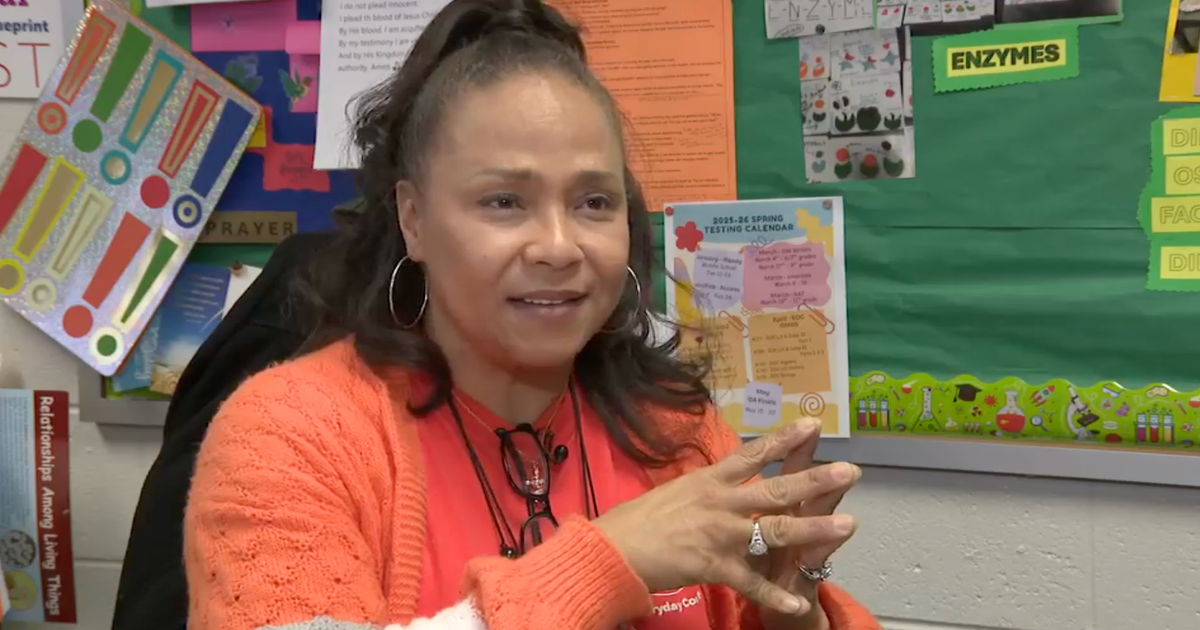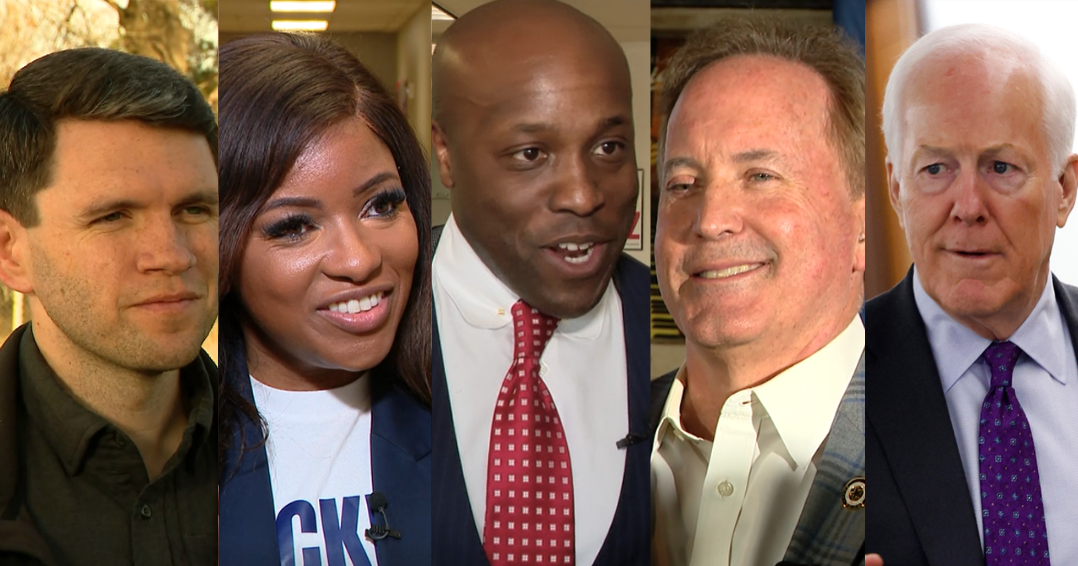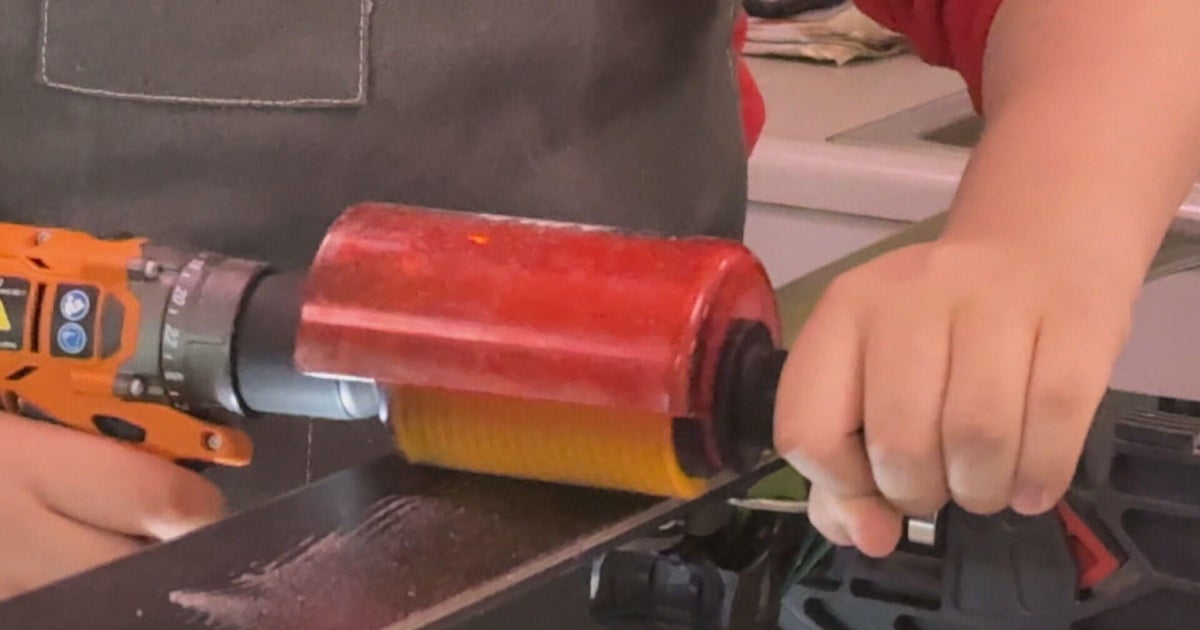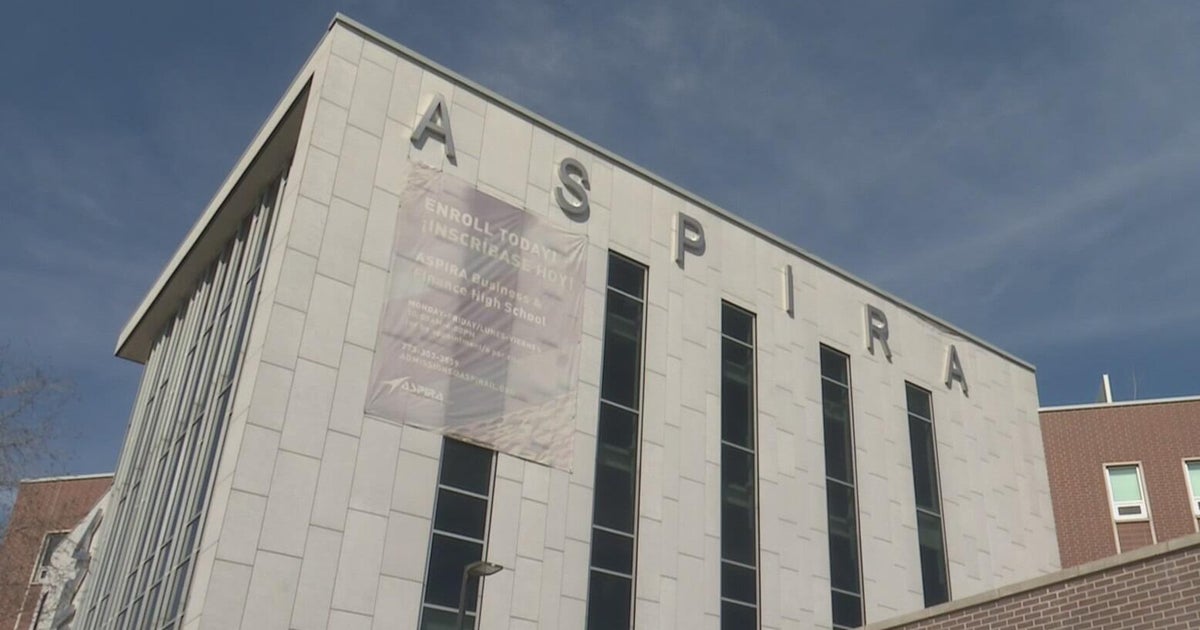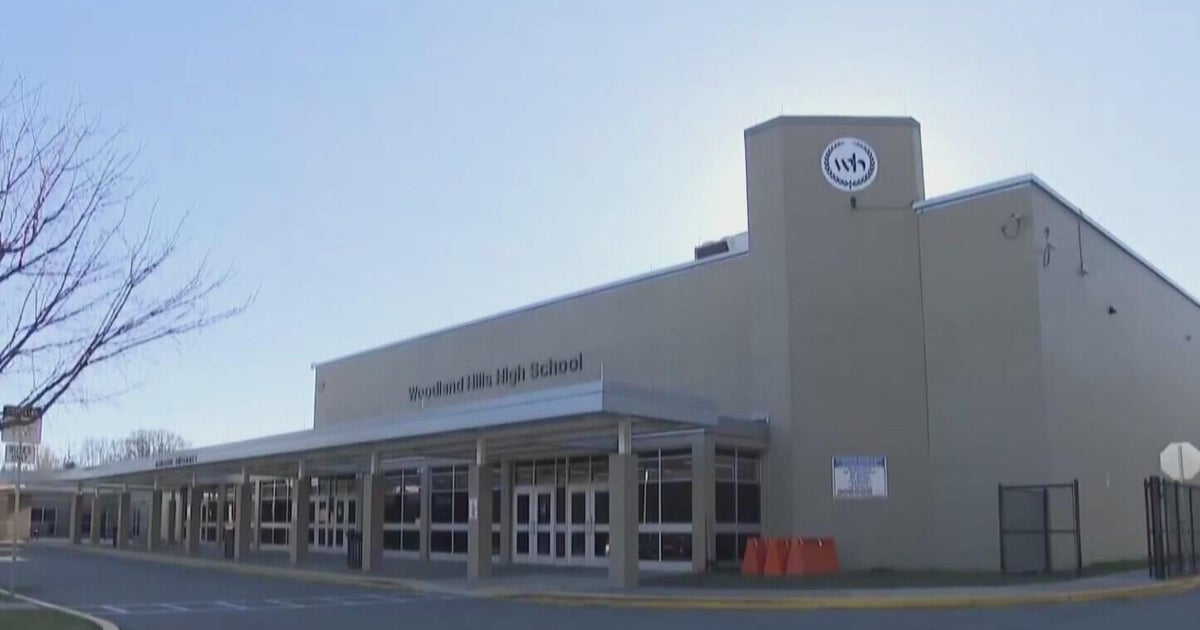Education emerges as key issue in Minnesota governor's race
MINNEAPOLIS -- As Minnesota kids head back to class this week, education is emerging as a top issue in the race for governor two months before November's election.
DFL incumbent Gov. Tim Walz, a former high school teacher, is already on TV airwaves with an ad highlighting his education policies and attacking Jensen for past statements he's made about school funding.
Republican nominee Dr. Scott Jensen unveiled his education plan at the state fair last week and argues Gov. Walz's decision to close schools during the pandemic made Minnesota's education system worse.
This comes as statewide test scores show student achievement is lower than it was pre-pandemic. The data showed fewer than half -- 45% -- of students are proficient in math, and 52% have met proficiency standards for reading.
When asked Tuesday about how he assesses education in Minnesota, Walz said it's a "work in progress."
"I wouldn't put the blame on the pandemic and I wouldn't write off what the pandemic did to us," he said at a news conference outside a Brooklyn Park school. "There are holistic issues that go into what are our students learning, what are they getting, how they are doing. I think now more than ever, it brings us back to the point that all of us on this team ran on—to make education and make the state the best place in the country for children to live."
What are some policies Walz supports?
The state spends more on E-12 education than any other area -- nearly 40% of the two-year budget, according to the Minnesota Department of Management and Budget.
Gov. Tim Walz this past session pitched boosting baseline funding for schools by 2% and expanding mental health support in schools. That would have been in addition to the current biennium spending, using some of the money in the $9 billion state surplus lawmakers had to work with this year.
His supplemental budget also earmarked millions for free school meals for low-income students and programs to improve literacy. And he sought retention bonuses for teachers, among other education-related provisions.
Ultimately, though, those policy requests didn't pass before adjournment.
"There is more work to be done," Walz said. "We knew this was a generational type of change, but I remain more optimistic than ever."
Walz on Tuesday added that COVID's impact on education shows that the state needs to continue to invest in school funding and mental health resources.
What is Jensen's education plan?
Jensen believes the low statewide test scores show that current approaches to education aren't working.
"We have to start raising achievement and stop thinking that dollars are always going to get us where we have to go," he said at the State Fair last week during a news conference about his education plan.
A key part of his plan is a school voucher program, which would create education savings accounts that would allow parents to use state funds for private schools.
"We need to have student choice not for the purpose of imploding our public K-12 system, but for the purpose of making it better," Jensen said in an interview.
Under his proposal, Jensen would push the legislature to approve a "parent's bill of rights," an effort supported by some GOP lawmakers this past year as a way to give parents more oversight of what kids are being taught in the classroom.
"Parents need to absolutely understand that the curriculum that's being taught to their kids will be available in real time, that they don't have to be applying for permission to see it or paying a fee to see what that curriculum looks like," Jensen said.
He also wants to expand access to the trades in higher education and promote homeschooling. His plan would also "keep politics and divisive topics out of the classroom" by banning critical race theory, an academic concept about systemic racism that's become a political lightening rod in states across the country.


